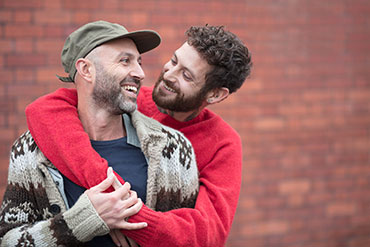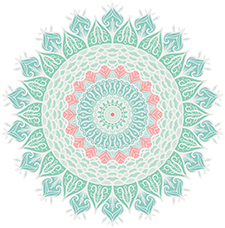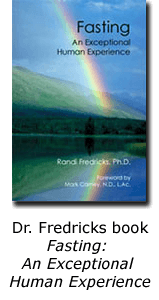Domestic Violence Counseling
San Jose Counseling and Psychotherapy
 Domestic violence, sometimes called spousal or domestic abuse, is the abusive behavior of one person toward their partner in an effort to have control.
Domestic violence, sometimes called spousal or domestic abuse, is the abusive behavior of one person toward their partner in an effort to have control.
The behavior in an abusive relationship can vary in both frequency and severity. Usually where there is physical abuse there is emotional and verbal abuse as well.
Domestic violence typically refers to physical or sexual violence, but emotional and verbal abuse are usually part of the behavior as well.
Abuse not only impacts all aspects of the relationship, but also effects careers, family, and friends.
Domestic violence counseling, sometimes called “DV counseling” for short, can assist people along their path to Domestic Violence growth. The objective is usually focused on finding a life purpose, overcoming a crisis, or removing obstacles of growth.
Because there are so many different approaches to Domestic Violence, Domestic Violence counselors represent different concepts of Domestic Violence. However, many Domestic Violence counselors are well-versed in numerous religious and Domestic Violence approaches.
Counseling Helps Break the Cycle
Domestic violence, sometimes called spousal or domestic abuse, is the abusive behavior of one person toward their partner in an effort to have control. The behavior in an abusive relation ship can vary in both frequency and severity.
Domestic violence typically refers to physical or sexual violence, but emotional and verbal abuse are usually part of the behavior as well. The abuse not only impacts all aspects of the relationship, but also effects careers, family, and friends.
Domestic violence counseling supports the victims of abuse by helping them to develop skills in order to leave and avoid abusive relationships.
Other goals include developing a plan on how to leave an abusive relationship and living successfully on their own. The counselor focuses on techniques that will halt the cycle of violence.
Changing Learned Behavior
 Many people who experience abuse in adulthood have a history of similar abuse in their childhood. Some people grow up to become victims and enablers, engaging in relationships dominated by abuse and violence. Other people grow up to be perpetrators, inflicting violence and abuse.
Many people who experience abuse in adulthood have a history of similar abuse in their childhood. Some people grow up to become victims and enablers, engaging in relationships dominated by abuse and violence. Other people grow up to be perpetrators, inflicting violence and abuse.
These behaviors affect their ability to function normally in the workplace and prevent them from developing healthy relationships. A good counselor can help both types of people to change by identifying negative relationship patterns and learning to react differently.
Domestic violence counselors may work at domestic violence crisis centers or social service organizations. They may also support survivors as part of a private practice. Those who work with perpetrators may operate within the justice system.
DV and Couples Counseling
Couples counseling is typically not a good idea in cases of active domestic abuse. In fact, for relationships in which violence is present, and many counselors are unwilling to see couples until the violence is stopped.
Part of the reason for this is because couples counseling is supposed to be a safe place where each person can communicate their feelings. In an actively abusive relationship, this becomes difficult to impossible even in the presence of a counselor.
Until a violent partner gets assistance and is in recovery from his or her abusive behavior, couples counseling may actually cause more harm by accentuating the imbalance of power in the relationship.
When violence is still present, the focus of counseling is usually individual. With one-on-one counseling, the victim of domestic abuse can learn to see the pattern of violence and develop a safety plan.
Counseling can also help with the low self-esteem and posttraumatic stress that survivors of domestic violence experience. Counseling can often address depression and anxiety as well as. and help minimize negative beliefs surrounding the abuse.

Counseling for the Silicon Valley communities of San Jose, Los Gatos, Saratoga, Sunnyvale, Campbell, Cupertino, Los Altos, Mountain View, and Santa Clara.



